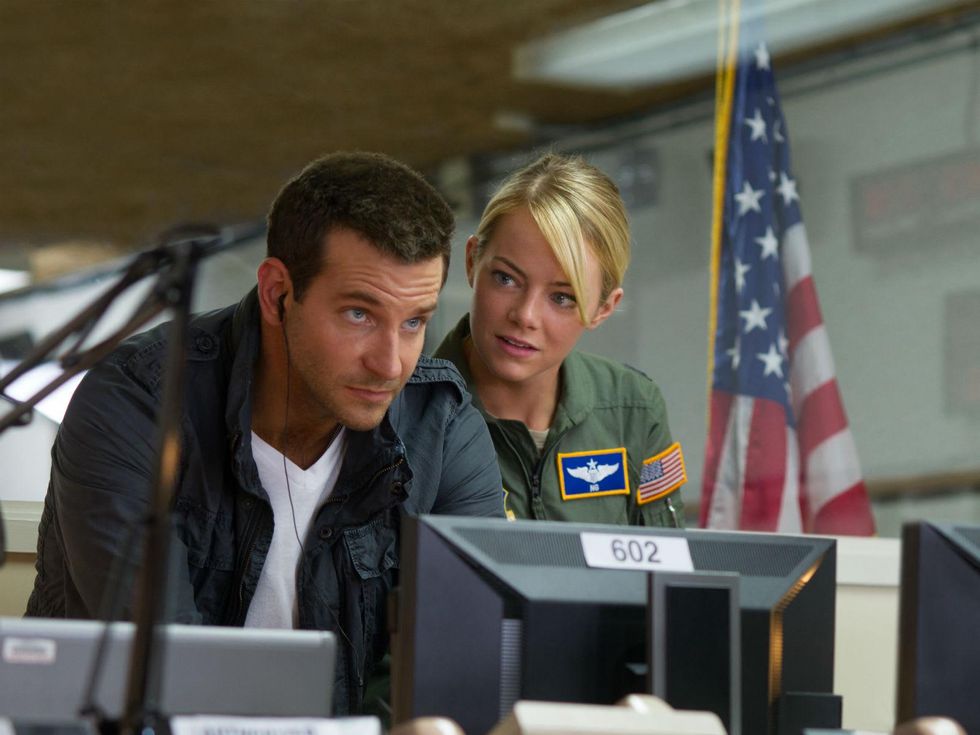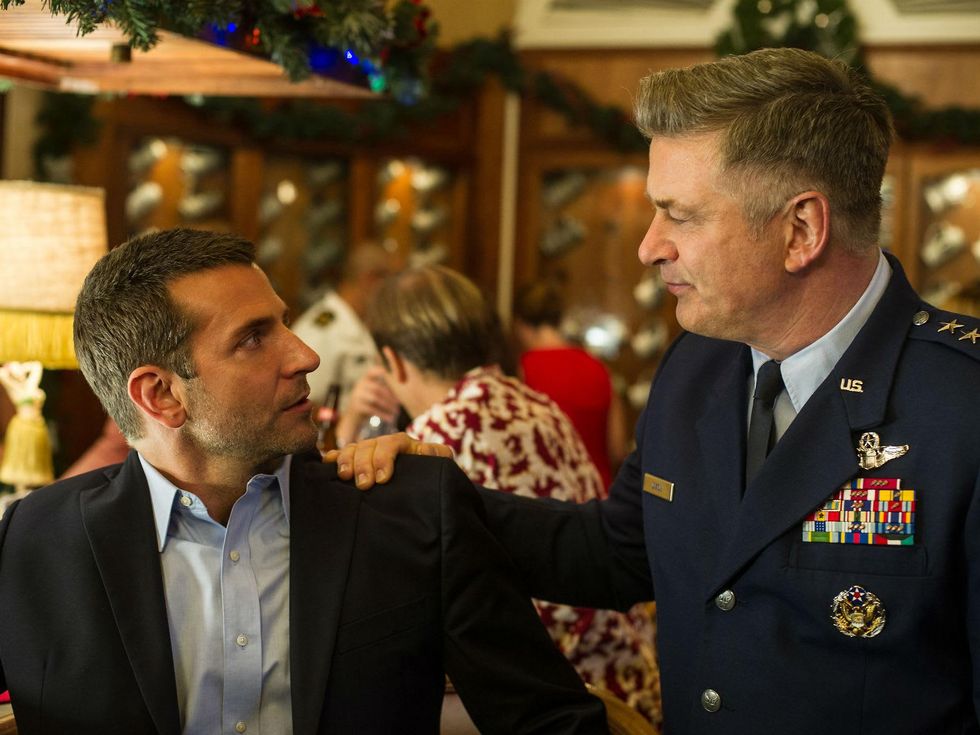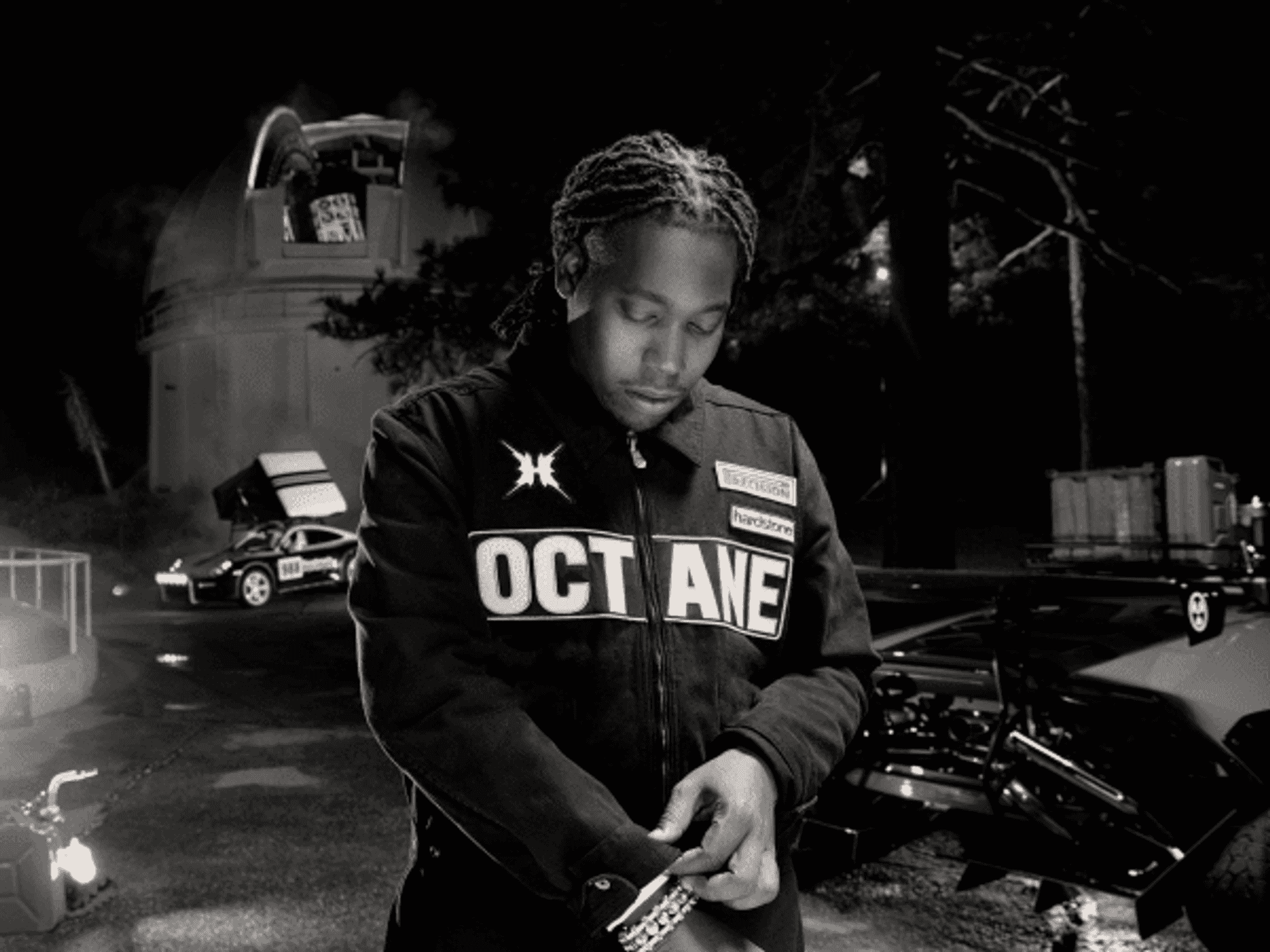This Ain't Almost Famous
Aloha really means 'goodbye to the Cameron Crowe you knew and loved'
The decline of a filmmaker’s skills can often be hard to accept, especially when that person is responsible for iconic movies. But there’s now hard evidence that Cameron Crowe is not the same writer/director he was when he made such movies as Say Anything, Singles, Jerry Maguire and his magnum opus Almost Famous — and it’s increasingly likely he never will be again.
The latest exhibit in the case of Movie Lovers v. Crowe is Aloha, a Hawaii-set film that almost defies description, mostly because Crowe leaves out many of the elements necessary to describe it. But the gist is this: military contractor Brian Gilcrest (Bradley Cooper) returns to the Aloha State to help with a private/public space project. In the process he is faced with his past, in the form of ex-girlfriend Tracy (Rachel McAdams), and possible future, in the form of military liaison Allison (Emma Stone).
But the film is no mere rom-com, as it hints at — but never fully explains — Brian’s checkered professional past and how his missteps have caused issues with his bosses at every step, from General Dixon (Alec Baldwin) to billionaire Carson Welch (Bill Murray), who’s funding the space project.
A very brief voiceover by Cooper at the beginning of the film tells a bit about Brian’s history, but Crowe apparently decided that was enough, because he only gives flashes of background throughout the rest of the film. This is frustrating, because the entire story is based on how what Brian did in the past is affecting his current life. If the audience isn’t allowed to know about his former life, it’s next to impossible to care about his current one.
Consequently, most of the storylines lack a solid foundation, and Crowe hopscotches between subplots at will. Most irritating is the relationship between Brian and Allison, which seems to exist merely because the two are in proximity to one another at almost all times. Cooper and Stone have zero on-screen chemistry, mostly because Stone plays her role like she’s hopped up on caffeine all the time, leaving little room for nuance.
Crowe seems to want the film to pay homage to the history and traditions of Hawaii and its indigenous people, but here too he fails to properly make his point. Allison, who says she’s a quarter Hawaiian, uses Hawaiian terms every chance she gets, a practice that is more annoying than enlightening. Other references to Hawaiian culture are clumsy at best, leaving the audience to wonder why the film had to be set in Hawaii at all.
Save for Stone, the acting is generally fine. Cooper brings a world-weary geniality to the role that makes him easy to root for, even if you don’t know why you should be rooting for him. McAdams brings out the most in him, giving the relationship between their two characters the most spark of any in the film.
But interesting moments are few and far between in Aloha, leaving moviegoers to hope in vain that the Crowe we knew and loved would reappear. With only the equally disappointing Elizabethtown and We Bought a Zoo on his filmography the past 10 years, it’s fair to speculate that Crowe may never be able to find his way back to film immortality.




